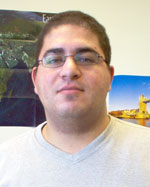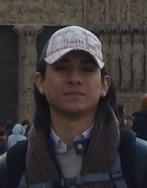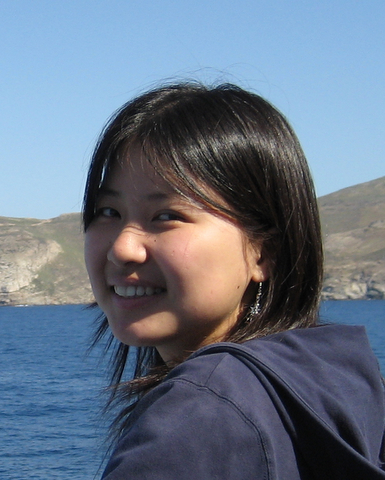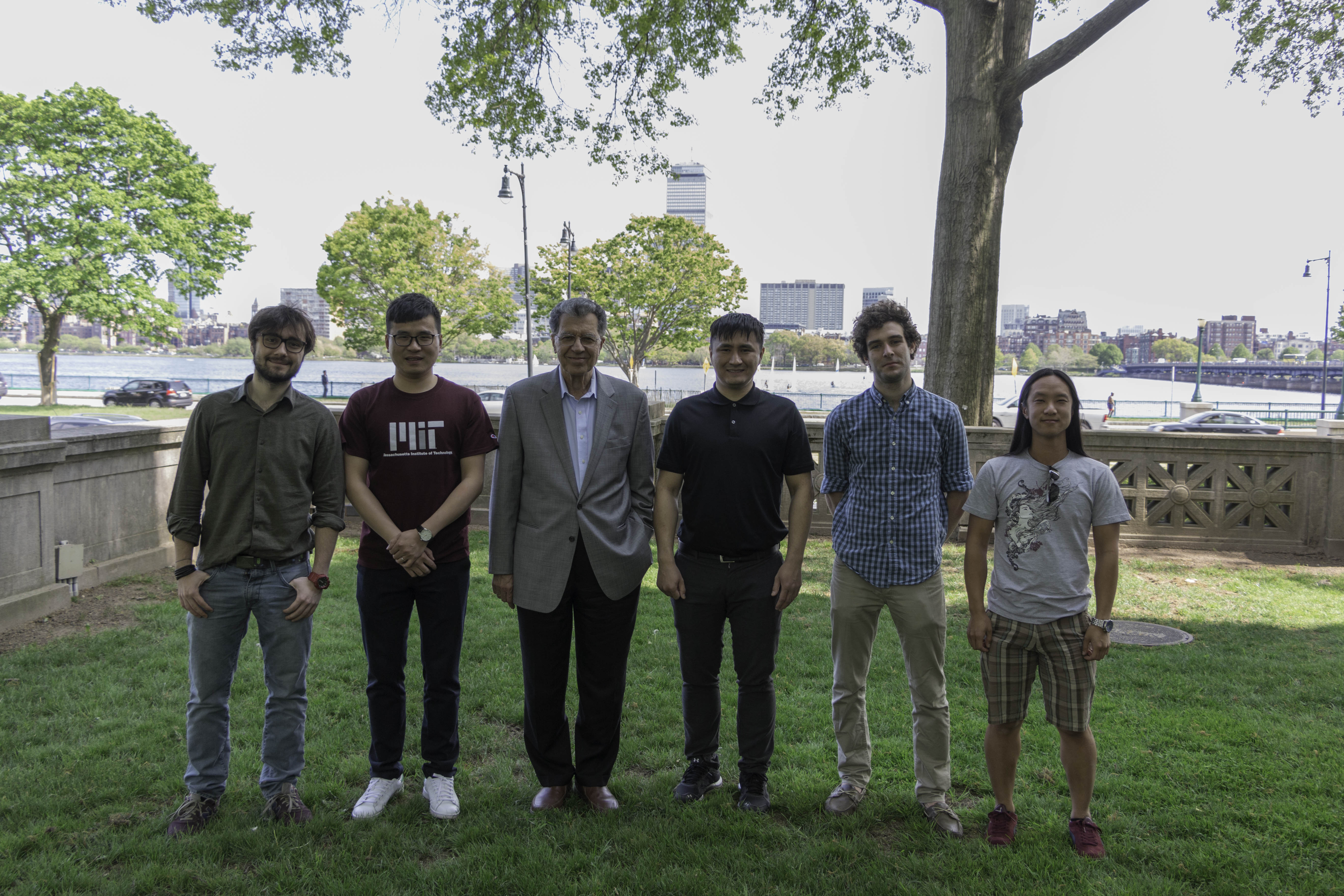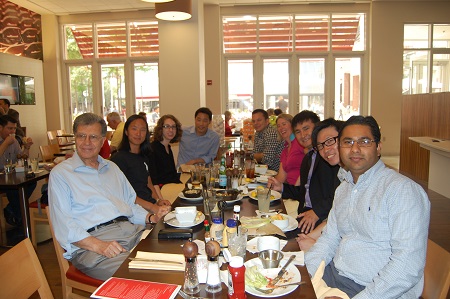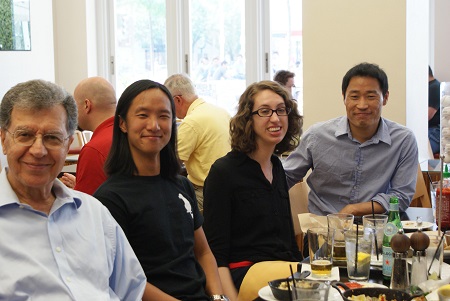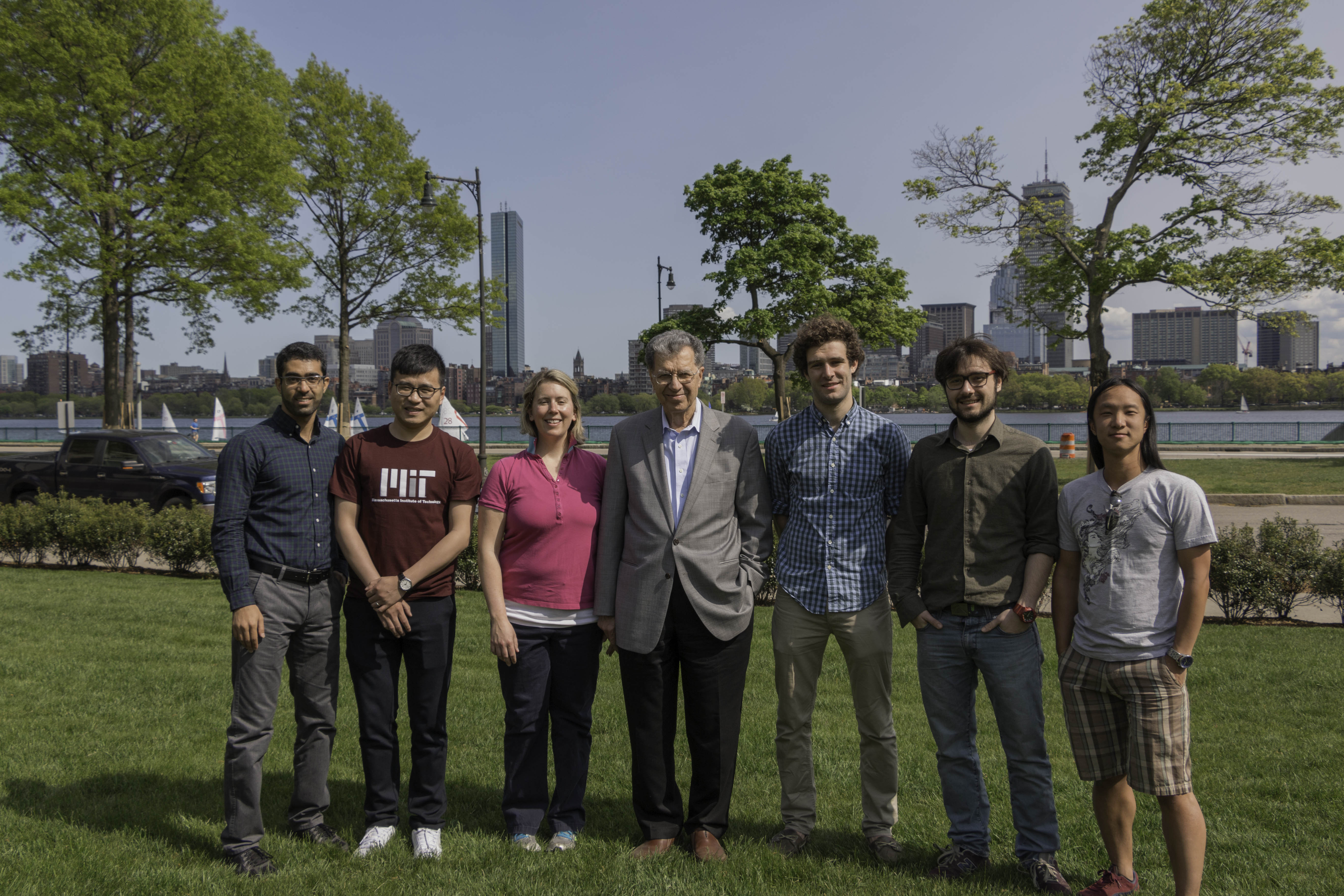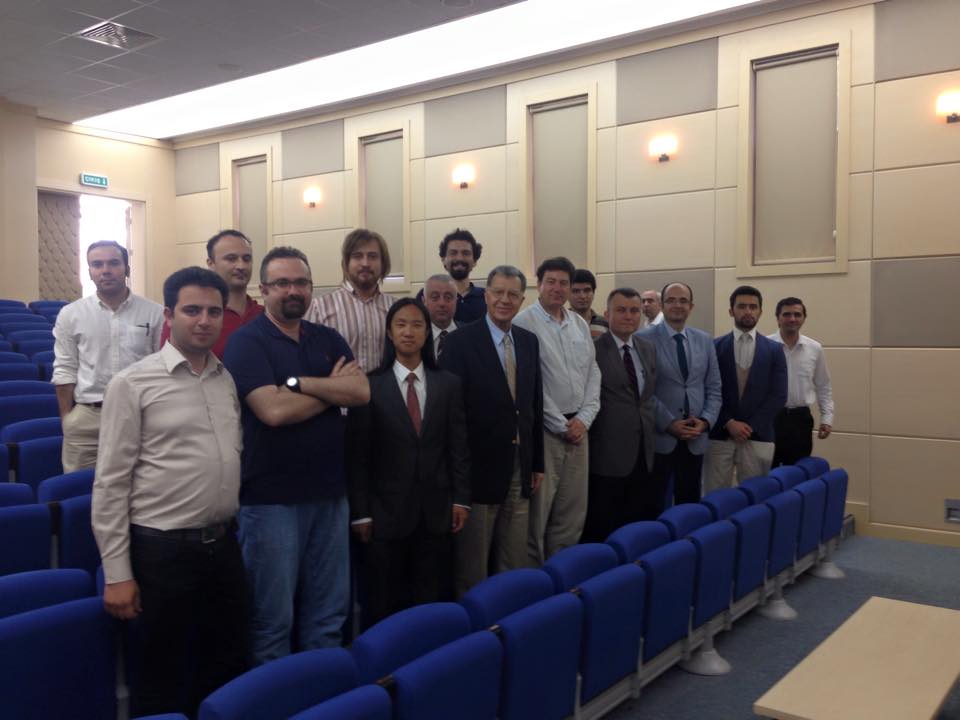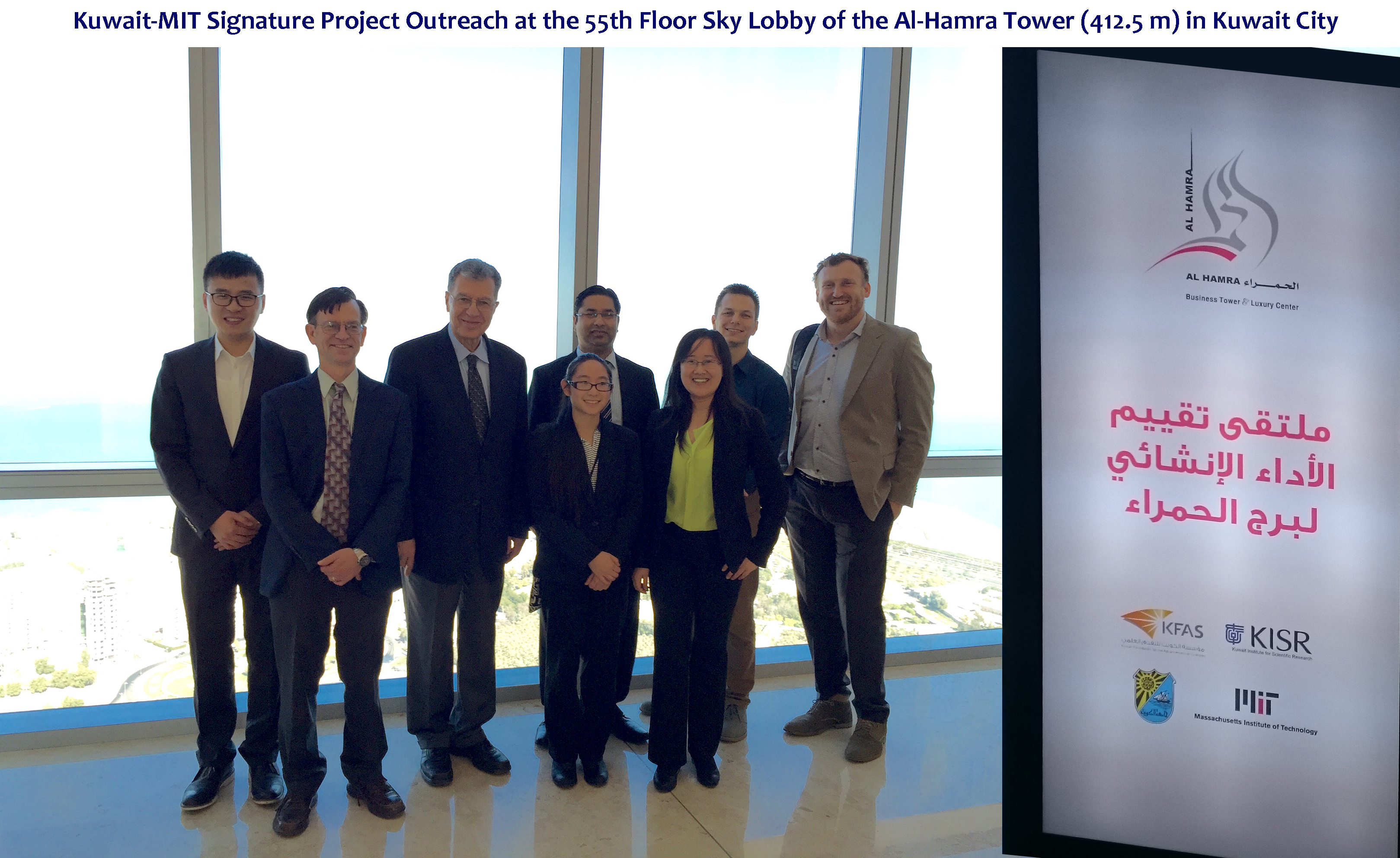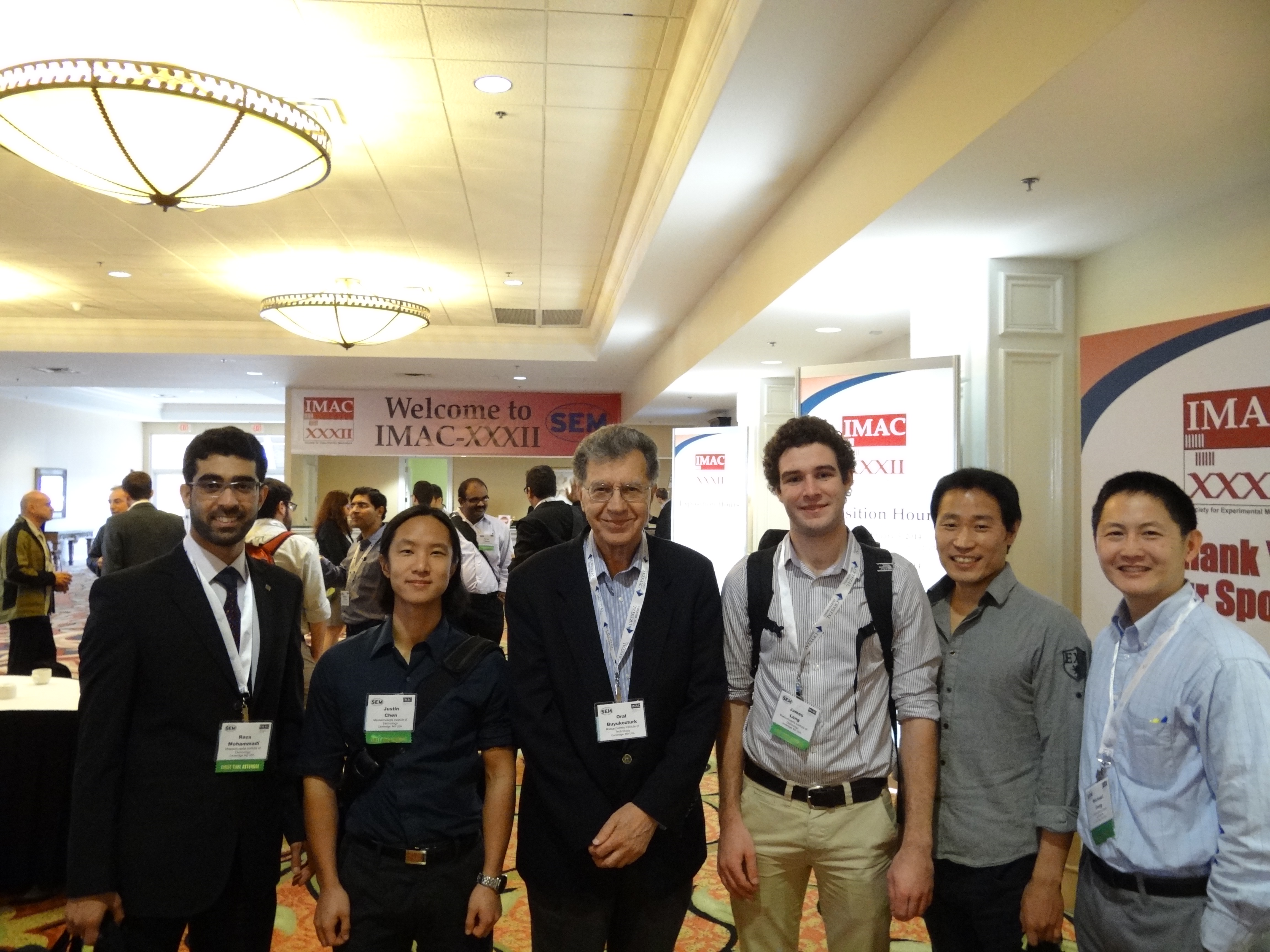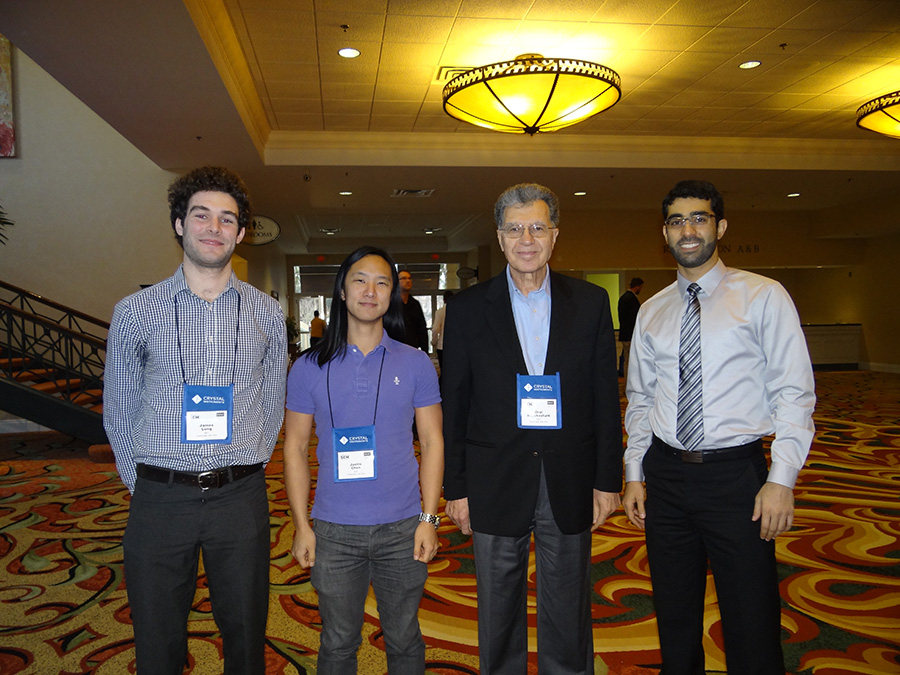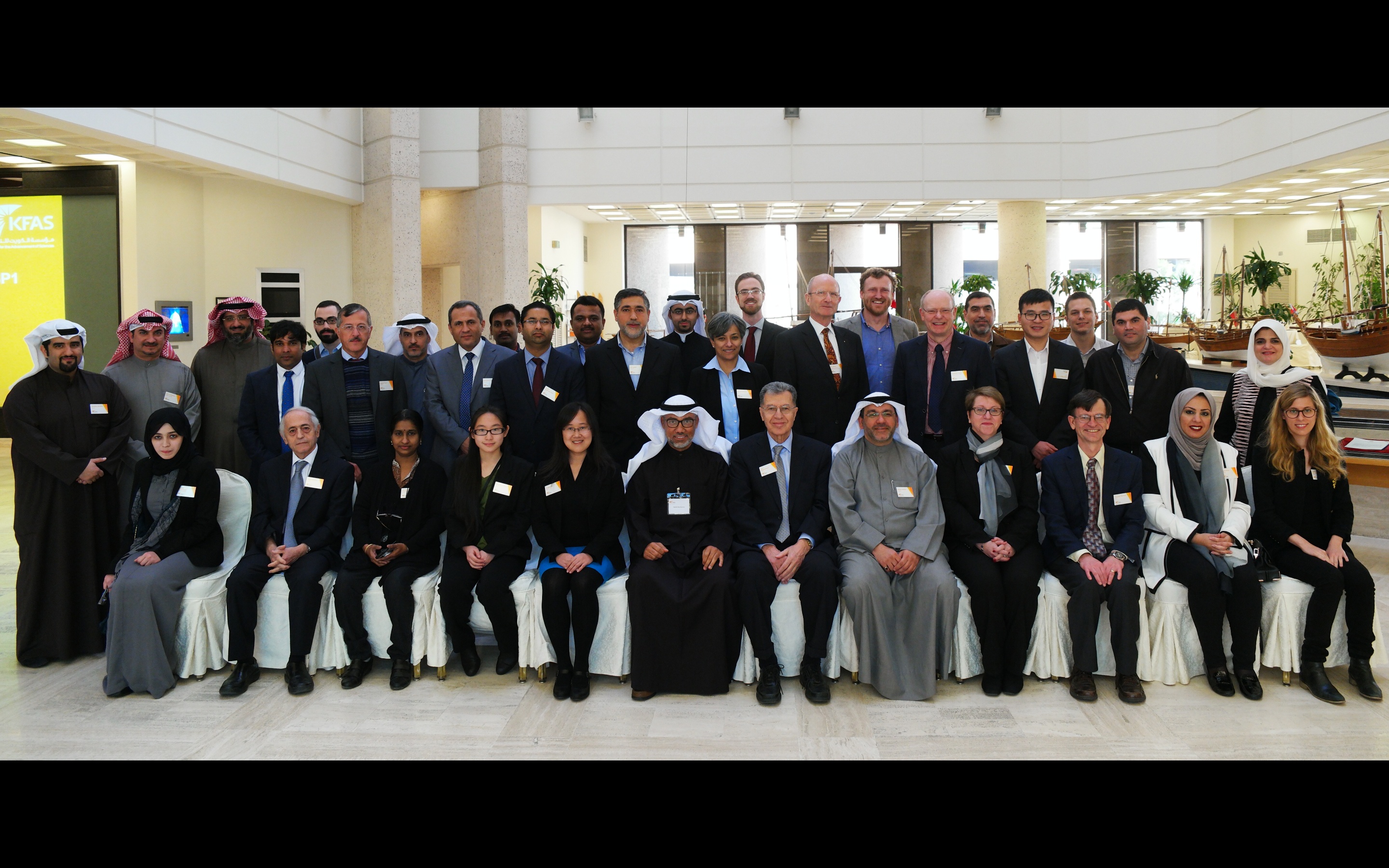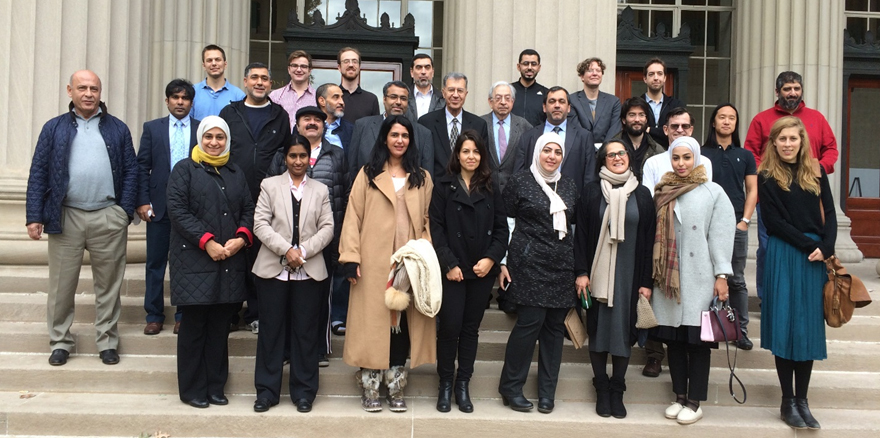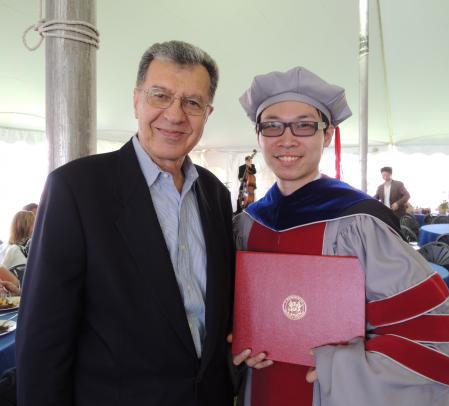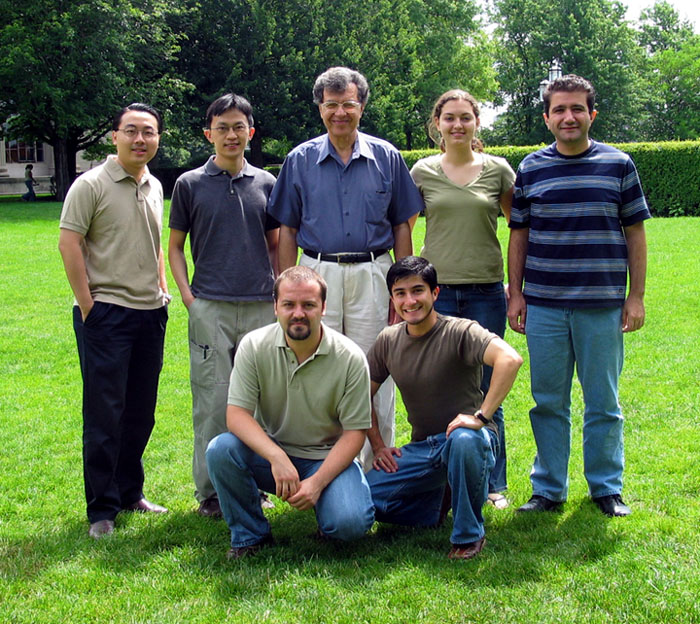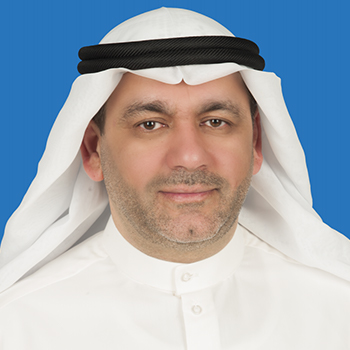


Dr. Oral Buyukozturk is George Macomber Professor, Professor of Civil and Environmental Engineering, and Director of the Laboratory for Infrastructure Science and Sustainability at the Massachusetts Institute of Technology (MIT). He received his Ph.D. degree in Structural Engineering from Cornell University in 1970. He joined the MIT faculty in 1976 following six years of experience, including two years at United Engineers and Constructors in safety analysis and design of nuclear containment structures, and four years as Senior Research Scientist with Marc Analysis and Research Corporation (Brown University affiliate) and as Adjunct Associate Professor at Brown University in computational engineering analysis and development. Professor Buyukozturk’s research focuses on resilience, sustainability and intelligence of physical infrastructure. He has made seminal contributions to this field with scientific and technological output that is of integrative nature ranging from materials level through buildings to community/city scale. His research in this context has developed in an evolutionary fashion comprising three interconnected major thrust areas: (i) multiscale mechanics, modeling, and design of concrete materials and structures for resiliency, (ii) design of sustainable cement-based construction materials and systems with lower carbon print and improved performance, and (iii) infrastructure sensing and vision-based monitoring through data analytics and AI in engineering mechanics. He has made groundbreaking innovations in these fields with transformative impacts and significant contributions to the civil and infrastructure engineering field through advancing research, practice, and education.
His earlier work at MIT includes fundamental research and development in thermomechanical analysis of coal gasification vessels with ceramic linings, as well as his fundamental contribution in the evolution of segmental prestressed concrete bridge design and construction technology. He has conducted seminal research on fiber reinforced plastic (FRP) composites for structural rehabilitation. His early work at Marc Analysis/Brown University involved pioneering developments in concrete constitutive relations, and finite element analysis of complex structures with nonlinearities and progressive cracking. Computational concrete material models he developed are still in use today in major commercial general-purpose finite element programs. It is worth noting that his current pioneering work on computational multiscale concrete using molecular dynamics provides a fundamental basis for his earlier developments of phenomenological models of complex concrete behavior.
Professor Buyukozturk’s research represents an integrated evolutionary development towards infrastructure sustainability, resiliency, and intelligence through a bottom-up approach contributing to establishment of a new paradigm in infrastructure engineering as a basis for the design of new infrastructure systems and assessment/rehabilitation of existing infrastructure with technological, economic, and social impacts. He has published 430 technical papers in refereed journals and proceedings. He edited/co-edited and contributed to 20 books and published over 100 original technical research and development reports. He has initiated, supervised, and co-authored 14 patents in his field. He has made more than 230 plenary keynotes and invited lectures around the world. He served the profession through professional societies in different capacities with numerous technical committees, distinctive consulting, services to governments, major conference organization and scientific committee memberships.
His work has been recognized through multiple prestigious honors and awards including the George W. Housner Structural Control and Monitoring Medal from the American Society of Civil Engineers (ASCE); the Golden Mirko Ros Medal of EMPA the Swiss Federal Research Laboratory for Materials Science and Technology; Elected Fellow of the Scotland’s National Academy of Science and Letters; the Distinguished Service and Leadership Award from the Civil and Environmental Engineering Department at MIT; Fellow of American Concrete Institute (ACI); Fellow of American Society of Civil Engineers (ASCE); Fellow of Engineering Mechanics Institute (EMI); ASNT (American Society of Nondestructive Testing) National Faculty Fellowship Awards (2008 & 2011); and various best paper awards with his students and postdocs. He recently received H. Adeli Award for Innovation in Computing (2021) and recognized in 2021 Mendeley metadata of citations coordinated by Stanford University as in the top 0.1% cited scientists worldwide. He recently was awarded (2023) the prestigious Mustafa Inan Special Award by his alma mater Istanbul Technical University (ITU) for excellence in science and engineering- top level ITU award bestowed on its faculty and alumni.
Professor Buyukozturk, in his distinguished career of over 40 years at the Massachusetts Institute of Technology (M.I.T.), has made sustained and pioneering contributions to advancing world-wide infrastructure mechanics and materials research, sensing and monitoring, computing, and practice applicable to critical problems of civil infrastructure resilience, sustainability, and intelligence. He has advanced boundaries of knowledge and made significant impacts in his field with groundbreaking innovations and outstanding scholarly leadership in research, education, and professional service. With his impactful work he has enhanced scientific and engineering literature and educated and mentored outstanding leaders of academicians and professionals for the world.

